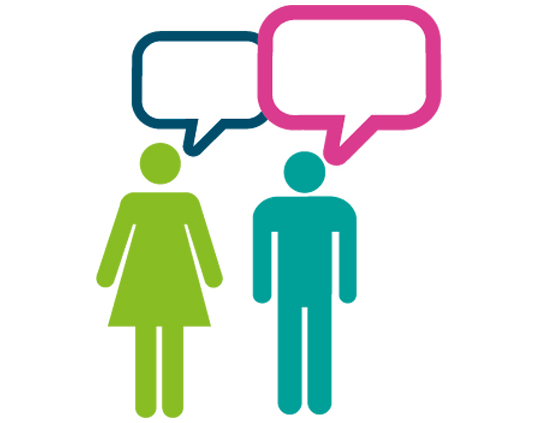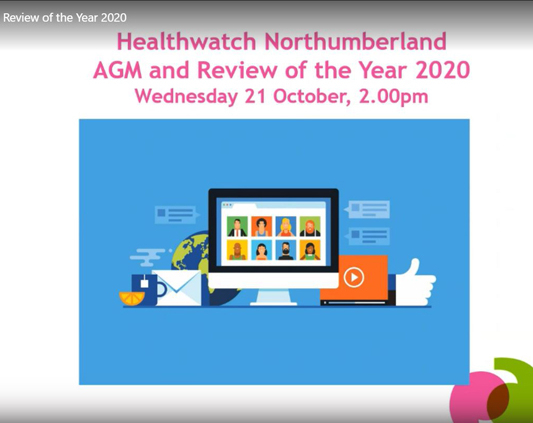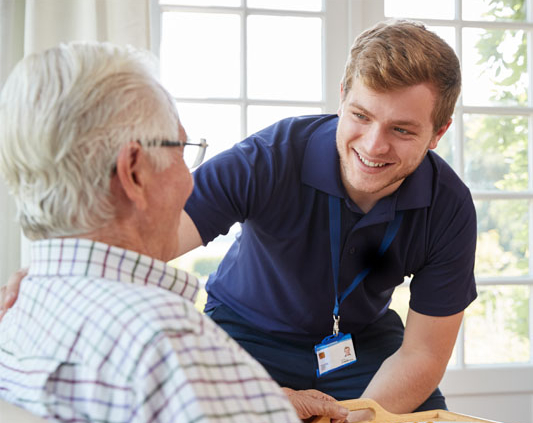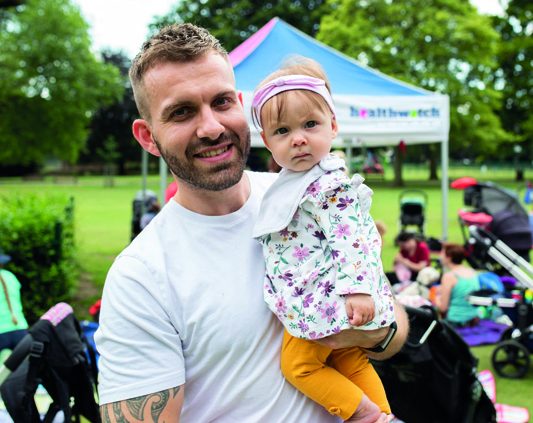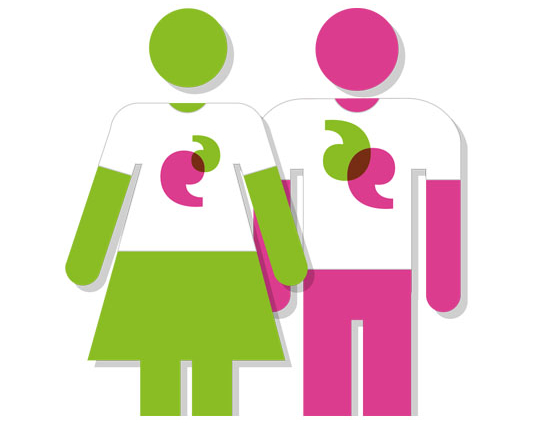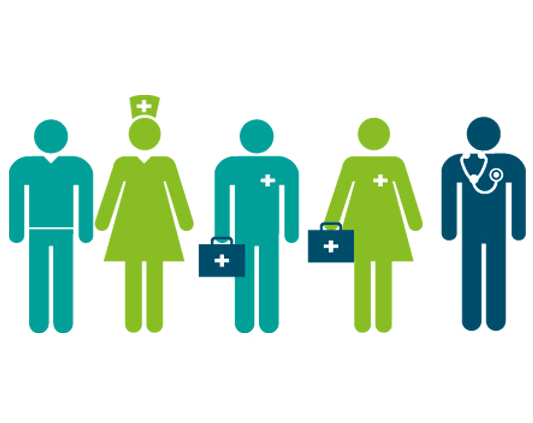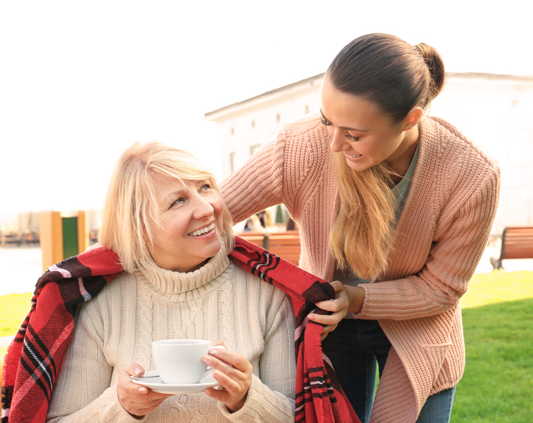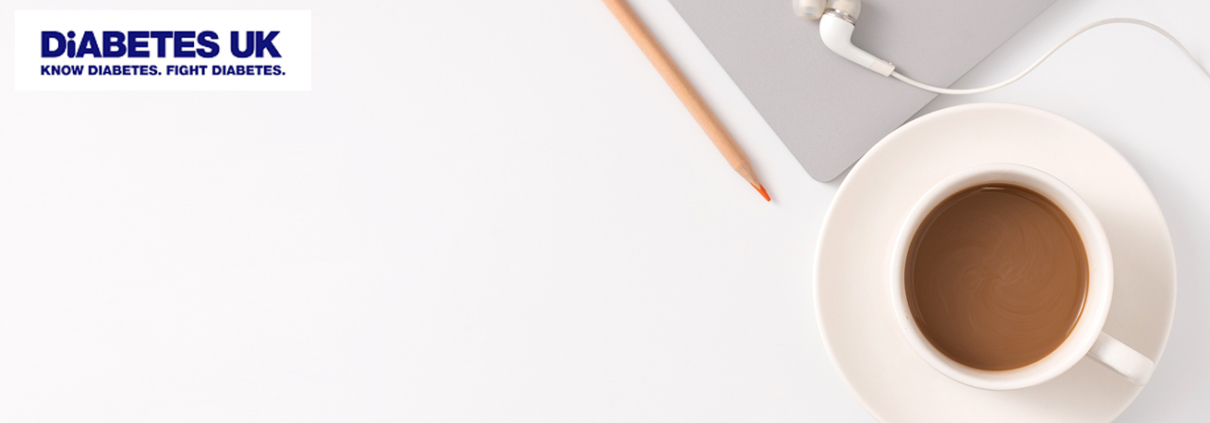You may have heard or seen in the news that NHS England is currently trialling a new ‘call-first’ approach, which encourages people to contact NHS 111 before going to A&E. To support this, 111 call handlers should be able to book people directly into appointments with alternative services or give people a pre-booked time to attend A&E to avoid overcrowding in departments.
Healthwatch England has produced this FAQ guide jointly with the Royal College of Emergency Medicine which outlines how the new approach should be working and common questions people may have surrounding it.
Emergency Departments (A&Es) are there for all and everyone in their time of need. They are the frontline care service we turn to when we’re experiencing a critical, life threatening health problem or have had a serious accident.
We want all patients to receive the best possible care in a safe and timely way, but too often people are kept waiting in their A&E. Many patients who go to A&E could be treated more appropriately, and often more quickly by another service within the NHS.
Which is why the NHS is asking patients to call 111 first. By calling 111 first patients can potentially avoid waiting unnecessarily in a hospital waiting room and find the service that is right for their needs.
Calling 111 first may also help to reduce pressure on parts of the health service that are overstretched by redirecting patients to services that are ready and available for them, helping make the NHS better for all.
The coronavirus pandemic has also made clear that we need to change the way we all access urgent and emergency care, to help reduce the risk of infection.
Here we outline what those changes are and answer some of the frequently asked questions about what these changes mean for patients.
NHS 111 Call-first Frequently Asked Questions
1. What is happening?
To ensure that patients get the right care as quickly as possible, save people long waits in A&E, and ensure emergency departments don’t get too crowded, patients are being asked to call NHS 111 first before going to their A&E – except in absolute emergencies. NHS 111 will advise patients on whether they could be better and more quickly served in a different care setting such as an Urgent Treatment Centre. Some areas are trialling booking appointments at A&E via 111 to help patients save time waiting if their issue is less urgent.
2. Why is this change being made now?
This is how we think emergency care should always be accessed, but it is really important that this becomes the norm now we are living with COVID-19. To support social distancing in A&E, we need to make sure A&Es really are for emergencies only, and sometimes patients waiting in A&E may be better served elsewhere, such as their General Practice. This means A&E departments are more crowded, putting patients at greater risk of COVID-19 and making it more difficult for staff to look after patients well. Social distancing in A&E may mean that some people have to wait outside or in their car until it is safe for them to come into the department.
To prevent this, the NHS wants to support as many people as possible to be seen quickly by other services that may be more appropriate for the needs of certain patients. This is why we’re asking patients to call NHS 111 before going to their Emergency Department.
3. What should I do if I have an emergency?
If you have an emergency, call 999 immediately or go straight to your Emergency Department (A&E). If you have a health issue that is not an emergency please contact your GP, call NHS 111 for advice or visit 111.nhs.uk. If you go to your A&E, you’ll be assessed on arrival but if the clinician thinks you should be seen elsewhere, you may be asked to phone NHS 111 and/or be directed to an alternative service.
4. Can you give me an example of an emergency and a non-emergency?
Emergencies include:
• loss of consciousness
• acute confused state and fits that are not stopping
• chest pain
• breathing difficulties
• severe bleeding that cannot be stopped
• severe allergic reactions
• severe burns or scalds
• stroke
If you think you are experiencing any of these it is vital you go straight to your Emergency Department or call 999.
Examples of non-emergencies would be earache or knee pain. While these may be uncomfortable you are unlikely to be in any danger and could be treated more appropriately somewhere other than you’re A&E. For these types of issues contact your GP, call NHS 111 or visit 111.nhs.uk. If your issue is urgent but not life-threatening – like a sprained ankle – calling 111 and getting a pre-booked appointment to attend A&E can save you a long and uncertain wait in the department, allowing you to wait in the comfort of your own home until the Emergency Department is ready to see you.
5. Will I ever be turned away from an A&E department?
No-one experiencing a medical emergency will ever be turned away – you will always be treated urgently if your condition is severe or potentially life-threatening.
If your condition is not life threatening or could be treated more appropriately or quickly elsewhere you may be asked to call 111 from the hospital. By asking those with less urgent issues to call NHS 111 first for assessment rather than going straight to their A&E, we aim to save patients time and get them the care most appropriate to their needs. You could be directed to a more appropriate service or one that can see you sooner. You may also be able to wait at home and avoid a long wait in a busy Emergency Department.
6. When I call 111, who am I speaking to and are they clinically trained?
NHS 111 services are managed slightly differently in each region, but most are run by ambulance services. You will speak to trained professionals who will either be or have direct access to healthcare clinicians, and who will be able to expertly assess the urgency of your condition or illness. They will direct you to the appropriate service, book you an appointment if needed, and/or tell you what to do next.
7. My NHS 111 always sends me to A&E. Why can’t I save myself the delay and just go straight there?
In 2018, only one in ten callers to 111 was advised to visit A&E. NHS 111 can often provide health advice over the phone, or book you an appointment at an alternative service that is available. This will save you time. If you are told to go to an A&E, you will be booked in and staff at the hospital will be expecting your arrival.
8. Will I receive an appointment more quickly if I have a more urgent health need?
Yes, patients are always assessed and prioritised based on the urgency of their need.
9. If I call 111 and they say I need care from a non-emergency service, will they be able to make an appointment for me?
This varies by location, but one aim of the call-first approach is to ensure it happens more. If 111 can’t make you an appointment at an alternative service immediately, they will direct you to the best service to meet your needs.
10. What if I can’t contact NHS 111?
91% of calls to NHS 111 are answered within 60 seconds. You can also use NHS 111 online. If you have an emergency, you should call 999 or go straight to your Emergency Department. If you do not have the means to contact 111, go to your Emergency Department and they will have facilities for you to do this. You can also contact your GP.
11. If 111 directs me to a non-urgent service, but the service tells me to go to A&E, will I be seen more quickly?
If a health professional believes that your condition has become or is becoming urgent, then you may be directed to your A&E, where you will be prioritised according to your condition. However, it will depend on the circumstances and the urgency of your medical need.
12. If I turn up at A&E and I haven’t called 111, will I need to wait longer?
Depending on your condition, you may be asked to call NHS 111 on arrival. They will assess whether you could be more appropriately treated elsewhere – and potentially more quickly. You may be given an appointment time at your GP or A&E. This will save you waiting unnecessarily. If you are directed elsewhere and choose to wait for treatment at you’re A&E, you may end up waiting longer. However, if you are seriously ill or injured you will of course be seen as quickly as possible.
13. What happens if I turn up to A&E and they tell me to call 111, but 111 then tell me to go to A&E?
This shouldn’t happen but in the unlikely event that it does you will be further assessed at your A&E and treated in a timeframe appropriate to your needs.
14. Do I need to call NHS 111 if I arrived at an A&E in an ambulance?
No, the triage and assessment by a paramedic provides a higher level of care than you would get by phoning NHS 111. If you are brought to the hospital by an ambulance, this means that the ambulance staff thinks you need further help. A&Es have always prioritised the treatment of patients who arrive by ambulance, as these people are sicker.
15. If I call 111 and they give me an appointed time to attend the A&E what will happen if I can’t get there on time?
Please do try to stick to your appointment time. Being late has a knock-on effect on the treatment of other patients, and your own care – Emergency Departments are very busy places and you may have to wait longer as a result of being late. However, what happens if you are late will depend on the severity of your condition, local policies and how busy the A&E is.
16. How far ahead of my pre-booked appointment will I need to turn up?
It is important to turn up on time as being late has a knock-on effect but arriving early does not mean you will be seen before your allotted time. We would advise checking in no more than 15 minutes before your appointment.
17. What happens if someone gets a booked appointment for A&E but doesn’t show up? Will someone check that they’re ok?
We expect all departments that book-in patients to have systems in place to assess whether a follow up is necessary. It is particularly important that vulnerable patients or those at risk of abuse who miss appointments are checked up on.
18. Will anyone else other than 111 be able to book me into A&E (e.g. GP practice etc)?
No, but your GP may tell you to go to your A&E if your needs warrant it.
19. What if I go to A&E and am advised to go to a different service but I still want to wait there and be seen?
You will be seen but you might to have to wait longer. You may find that you will be seen quicker by going to the other service.
20. What if my condition changes while I’m waiting at home?
This depends on the change in your condition; if you become seriously ill, call an ambulance, otherwise call NHS 111 again.
21. How do I cancel an appointment made by 111?
If you no longer need your appointment, please call NHS 111 to cancel it. Someone else may be able to use your timeslot.
22. If I’m told not to go to A&E, where else might I be directed to?
This will vary locally depending on what is available. You may be directed to a pharmacist, your GP, A&E or given advice on how best to self-care if your call advisor thinks you are safe to do so. You may also be directed to an Urgent Treatment Centre. These are facilities you can go to if you need urgent medical attention, but it’s not a life-threatening situation. If you are unsure about what service is right for you, call NHS 111.
23. I have a complicated ongoing medical problem that is looked after by the hospital. When I get ill, I normally go straight to the A&E and they call the specialist to come and see me. Should I carry on doing this?
It might be better for you to try and contact the specialists that look after you before you come to the Emergency Department. Some patients with complicated medical problems need to be looked after in places other than the Emergency Department, particularly if they are vulnerable to infections. Obviously, if you are extremely ill, you should call an ambulance.

